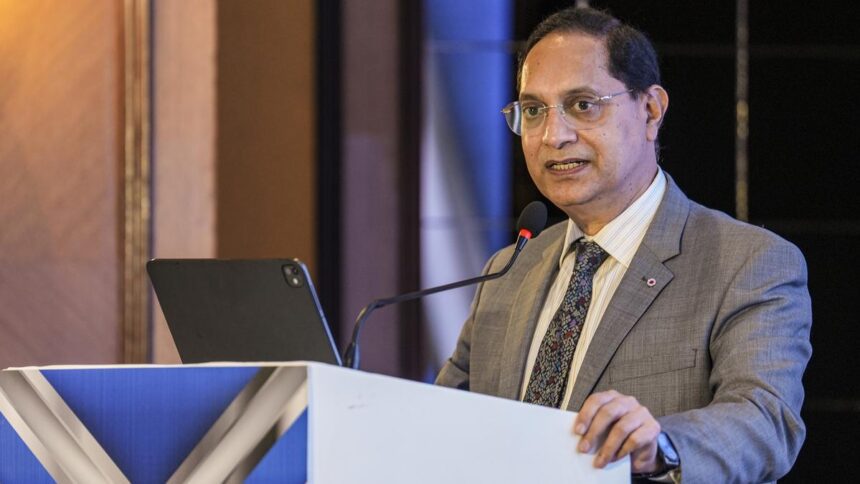The Securities and Exchange Board of India (SEBI) is actively working to broaden participation in the commodity derivatives market, aiming to include foreign investors, banks, insurers, and pension funds. Industry stakeholders have requested the regulator to permit new contracts to initiate with cash settlement to enhance liquidity and simplify operations as these contracts scale.
During an event hosted by the Multi Commodity Exchange of India (MCX), SEBI Chairman Tuhin Kanta Pandey stated, “We will work towards a regulatory framework to enable prudent institutional access to these markets. A proposal allowing Foreign Portfolio Investors (FPIs) to trade in non-cash settled non-agricultural commodity derivative contracts is currently under review.”
Additionally, Pandey mentioned that SEBI will engage with the government to consider allowing banks, insurance firms, and pension funds to trade in these markets. The regulator plans to form a committee focused on agricultural commodities and another working group for non-agricultural commodities, including metals.
Industry participants advocate for new commodities to be permitted to remain cash-settled until they reach a designated minimum size—either 100 kg or 5 percent of the commodity’s total volume—prior to transitioning to compulsory delivery. This approach is believed to attract greater investment and enhance operational efficacy in the initial stages of new contracts.
Wider participation is also a focus for the industry. Narinder Wadhwa, President of the Commodity Participants’ Association of India (CPAI), noted, “Participation of banks and FPIs has already been successful in mutual funds and cash-settled contracts. There is considerable potential for banks and FPIs in non-cash settlement trades. A minor adjustment in the GST is necessary; once that is addressed, we could see significant progress.”
SEBI’s initiative to increase institutional involvement aligns with the growing value of trading within the commodities sector. Record highs have been observed in gold prices, silver is at a 14-year peak, and copper reached an all-time high in July.
Naveen Mathur, Director of Commodities, Currencies, and GIFT City at Anand Rathi Group, expressed optimism that this move will enhance the efficiency of price discovery for these commodities, thereby enabling producers and users to hedge risks transparently. Currently, FPIs engaged in cash-settled commodity derivatives, including crude oil and natural gas, average a daily turnover of ₹15,000 crore.
Market analysts suggest that SEBI must expand the open position limits for institutional investors, as their investment stakes will be substantial. Furthermore, permitting banks to participate in commodity derivatives could necessitate approval from the Reserve Bank of India (RBI) and amendments to the Banking Regulation Act.
SEBI is also in talks with the government to alleviate GST barriers related to physical delivery. By December, the regulator aims to incorporate commodity-specific brokers within a ‘Samuhik Prativedan Manch’ compliance platform. Meanwhile, MCX is collaborating with supply chain producers, brokers, and mutual funds to promote participation in metal contracts among all financial and commercial entities. CEO Praveena Rai stated, “Banks can play a significant role as lending, corporate, and market bankers.”
Published on September 17, 2025.










